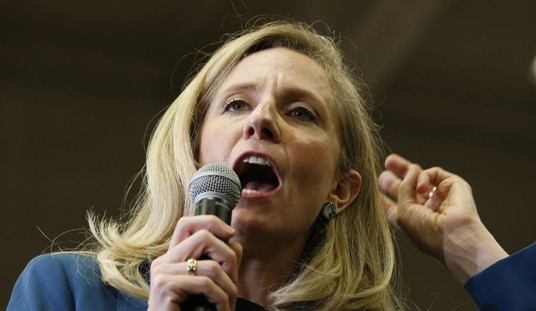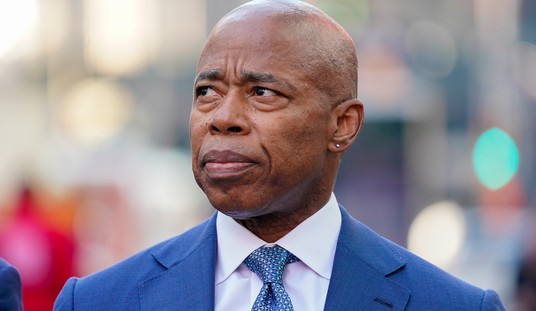Lost in all of the discussion of Susan Rice’s political future have been the real failures of the State Department and the White House to properly secure our consulate in Benghazi, and the inadequate response to the terrorist attack that killed four Americans on the anniversary of 9/11. In a CNN column, Senator Marco Rubio dispassionately lays out all of the open questions about the incident itself and the US response to the threat before, during, and afterward. Rubio manages to make a comprehensive case for extensive investigation without once mentioning Susan Rice:
State Department documents revealed that slain Ambassador to Libya Chris Stevens and others had warned several times of “growing problems with security” and violence in eastern Libya, where Benghazi is located, after the fall of Moammar Gadhafi and after the Transitional National Council moved its governing headquarters from Benghazi to Tripoli in September 2011. Stevens’ predecessor Ambassador Gene Cretz had also sent cables to the State Department warning of the deepening security crisis in Libya.
Well before the Benghazi attack, our intelligence agencies, Department of Defense and State Department cables from the U.S. Embassy in Libya all warned of a growing security crisis. They said terrorists from across the region, including al Qaeda elements believed to be associated with al Qaeda in the Islamic Maghreb, were able to travel freely into the country to recruit, organize, plan attacks and procure weapons. …
We understand from congressional testimony that the deputy assistant secretary for international programs in the Bureau of Diplomatic Security has broad authority over the allocation of security resources, with life and death consequences for our diplomats. Given the vulnerability of nontraditional posts like Benghazi, we should determine whether higher-level officials should oversee security issues. If not, we must be sure that anyone assuming such a position is adequately qualified in overseas security operations and threat analysis.
We must also ensure that clear mechanisms are in place to enable a seamless emergency response among the different agencies that share responsibility. On all these counts, we have more questions right now than answers.
Rubio’s correct, in both substance and approach. Rice’s involvement in this fiasco relates to her fronting a false narrative on the attack, relevant only to the extent that we find out why Rice did so. So far, we have a lot of changing stories on that point, which points to either gross incompetence in the days following the attack or a deliberate effort to cover up the reason for crafting the “spontaneous demonstration” story. Rice’s participation in that effort should come under scrutiny, especially if Barack Obama attempts to promote her, but otherwise the real issues are why the Obama administration didn’t recognize the danger and respond to it properly.
Of course, Rice’s defenders accuse Republicans of “obsessing” over Benghazi, as if to say that leaving Americans all but unguarded in what is rapidly becoming a locus of terrorism isn’t worth probing. Nate Beeler has a great take today on political “obsessions” and the media:
Be sure to check out Nate’s blog for more of his excellent work, featured at the indispensable Examiner.









Join the conversation as a VIP Member